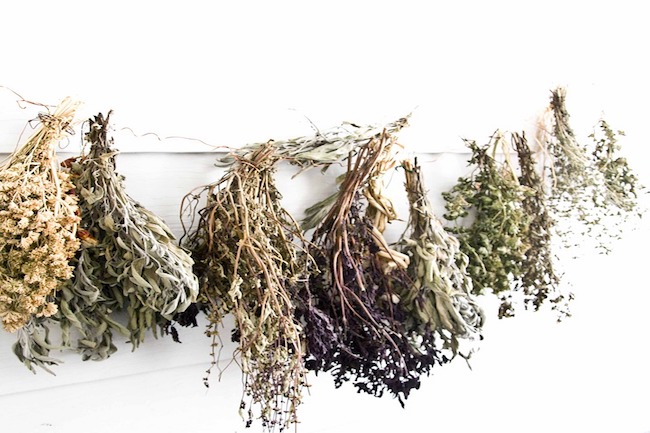Natural Remedies For Covid1984: Wormwood by Dr. Joseph Mercola for Mercola
Artemisinin From Sweet Wormwood Inhibits SARS-CoV-2
A second antimalarial treatment is now being seriously considered and evaluated for its efficacy against COVID-19. The treatment is made from the plant Artemisia annua, which most people know as Sweet Wormwood. Other names for this plant include Annual Sagewort and Sweet Annie.
Research over the past few decades has revealed multiple health benefits from this medicinal herb, which has a centuries-long history of use in folk medicine. In 2015, Chinese scientist Tu Youyou received a partial Nobel Prize in Physiology or Medicine for his discovery of artemisinin and dihydroartemisinin,1 both of which have potent malaria-fighting properties.
As reported by the University of Kentucky,2 “The popular malaria drug artesunate was developed from those compounds and is still used as a first-line treatment for the disease today.”
Artemisinin — A Viable COVID-19 Remedy?
Interestingly, in addition to having a long-standing history of being used as a highly effective antiparasitic, it also has anticancer properties. Additionally, artemisia annua has antiviral activity that might be helpful against SARS-CoV-2.
In an April 8, 2020, press release Mateon Therapeutics reported3 that “Artemisinin is highly potent at inhibiting the ability of the COVID-19 causing virus (SARS-CoV-2) to multiply while also having an excellent safety index.”
After testing the plant’s antiviral effects in a laboratory setting for a couple of years, University of Kentucky researchers are also exploring its use for the treatment of COVID-19,4 as are researchers in Denmark and Germany.5 According to the University of Kentucky:6
“Surprisingly, results showed that the plant’s leaves, when extracted with absolute ethanol or distilled water, provided more antiviral activity than the actual drug itself — meaning that an Artemisia annua-blended coffee or tea could possibly be more effective than taking the drug.”
Based on these findings, researchers have decided to test artemisinin in patients diagnosed with COVID-19. Some of the first human studies, set to investigate both the extract blended into coffee and tea, as well as the drug artesunate, were implemented by UK HealthCare.
University of Kentucky researchers have founded a company called ArtemiFlow to develop and manufacture the drug, in collaboration with the Kentucky Tobacco Research & Development Center.7 A sister company, ArtemiLife, is marketing Artemisia tea and coffee to raise research funds.
Mechanism of Action Remains Unknown
As for its mechanism of action, such details still remain to be discovered. C&EN explains:8
“When countering malaria, artemisinin exploits the parasite’s taste for hemoglobin in its host’s blood. As the parasite digests hemoglobin, it frees the iron-porphyrin heme complex from the protein.
Because this heme is toxic to the parasite, the organism normally converts the complex to a more benign crystalline form. ‘But artemisinin corrupts this heme-detoxification pathway,’ says Paul O’Neill, a medicinal chemist at the University of Liverpool.
If artemisinin does have any effect against SARS-CoV-2, though, it likely relies on a completely different mechanism than the one it uses against the malaria parasite, Harvard’s [malaria researcher Dyann F.] Wirth says.”




